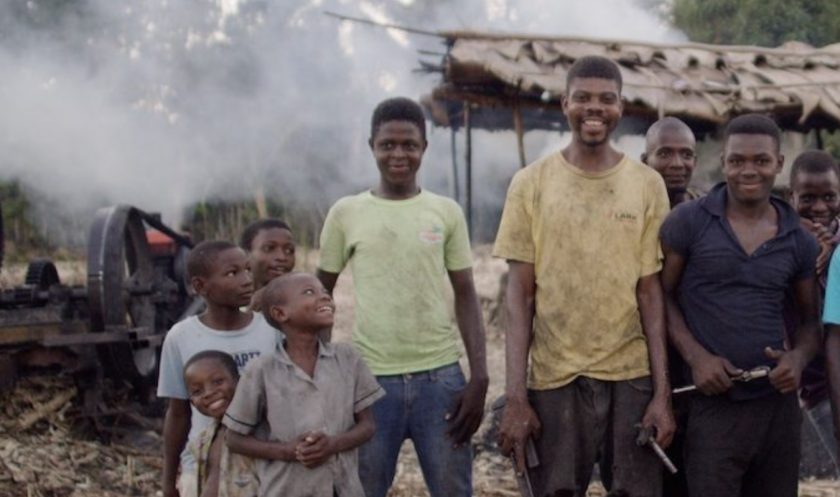Saint Benevolence Rum
Saint Benevolence is a humanitarian-engaged rum brand featuring Haiti’s heritage spirit, clairin, as well as neighboring Caribbean rum styles. Though officially launched in 2017, Saint Benevolence represents the cumulative efforts of a Saint Michel distillery helmed by one family for three generations, the life’s work of an American father and son, and a combined dedication to Haiti’s medical and economic development.
Over twenty years ago, Calvin Babcock, a commercial real estate developer and active participant in the Greater Miami chapter of Habitat for Humanity, met Dr. Rev. Gueillant Dorcinvil at a local fundraiser. Gueillant, who first came to the US to study Agronomy (the science of soil management and crop production) is from Saint Michel de l’Attalaye, a verdant commune in Haiti’s Central Plateau, where his family has grown sugarcane and produced rum for three generations. Calvin was already exploring philanthropic real estate development in Haiti, but his fast friendship with the reverend and a mutual interest in helping the country’s people quickly resulted in a full-time partnership; they cofounded Living Hope Haiti in 2002 to deliver educational programs to Gueillant’s hometown, first building an elementary school on land donated by Gueillant’s family followed by a number of other services such as bridge and well development. Recognizing a need for local primary health care, Living Hope Haiti later added medical clinics to their repertoire.
Over the course of these charitable endeavors, Calvin’s son, Chase Babcock, accompanied his father to Haiti. Growing to love the rum produced by Gueillant’s family and the country’s distinct rum culture, Chase—who holds degrees in Economics and Health Care Administration—convinced the reverend to bottle his family’s rum, not only as a way of bringing awareness to Haiti’s native distillates, but also as a means of funding further philanthropic efforts.
Saint Benevolence began in earnest in 2017, starting with a Caribbean rum blended from Dominican Republic and Barbados distillates as a proof of concept and expanding to unaged and aged expressions of clairin, the native Haitian rum style, from the Dorcinvil Distillery in Saint Michel. Saint Benevolence partners with Innovating Health International, a charity focused on chronic diseases and women’s health issues in Haiti—such as cervical cancer screening and treatment—where a lack of oncologists and preventative services dramatically increases death rates associated with cancer, compared to countries with better medical infrastructure. Every case sold of Saint Benevolence funds one week of chemotherapy for an oncology patient. Saint Benevolence also partners with Haiti Air Ambulance, the only helicopter ambulance in the country, tasked with servicing its entire population 365 days a year. All employees of Saint Benevolence—farmers, production teams, and their families—receive free healthcare and medical benefits, and the children of the brand’s Haitian team receive subsidized education from kindergarten through high school.
The sugarcane used to produce Saint Benevolence clairin is grown with low-intervention farming methods, hand-harvested, and purchased through a Saint Michel co-op composed of farmers immediately surrounding the Dorcinvil distillery. The sugarcane varieties are indigenous to the country and include Cristalline, Madame Meuze, Farine France, and 24/14. The rum is distilled on two handmade, 200-liter copper pot stills (the second was just built in June 2023) from either sugarcane juice that has been fermented with ambient yeast for 8–10 days, or juice and bagasse (the spent sugarcane fibers) that have been boiled down to a rich syrup and naturally fermented (this latter method is known locally as “Methode Saint Michel”). The sugarcane juice and syrup are distilled separately before blending.
Saint Benevolence exports its clairin from Cap-Haïtien to Jacksonville, Florida, for aging (when applicable), blending, and bottling, eliminating the need to utilize Haiti’s only two bottling lines in Port au Prince and subsequently ensuring less disruption in production while reducing cost and supporting greater sustainability of this vibrant nation’s resources.




